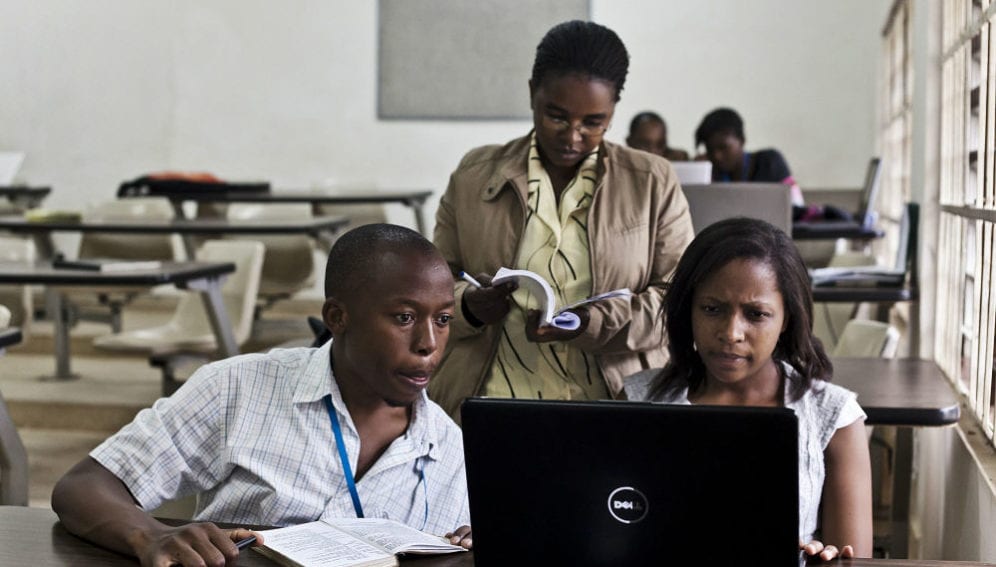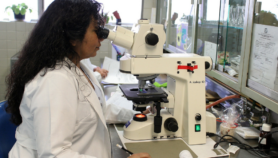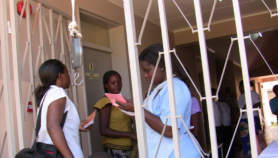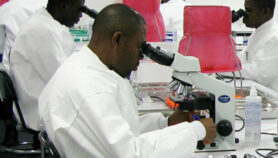By: Alex Abutu
Send to a friend
The details you provide on this page will not be used to send unsolicited email, and will not be sold to a 3rd party. See privacy policy.
[ABUJA, NIGERIA] African governments’ low funding allocation to research is the bane of development on the continent, a conference has heard.
Africa’s funding of research and development (R&D), which is estimated to be 0.45 per cent of the continent’s Gross Domestic Product (GDP), remains far below the global average of 1.70 per cent, the meeting noted.
The 13th Annual Meeting of the African Science Academies held in Nigeria last month (14-16 November) provided a platform for policymakers and scientists to evaluate the low R&D funding situation. The participants included science academies from countries such as Cameroon, Ghana, Kenya, Mauritius, Morocco, Senegal, South Africa and Uganda.
“No government will be prepared to allocate such funds to just R&D in view of other competing needs.”
Umar Bindir, Adamawa State Government
Umar Bindir, former director-general, National Office for Technology Acquisition and Promotion, Nigeria, said that African governments are unwilling to meet the R&D target funding of at least one per cent of GDP.
“No government will allocate such funds to just R&D in view of other competing needs,” explained Bindir, who is the secretary to the Government of Adamawa State in Nigeria.
“The best option for researchers is to go back to the drawing board and begin to think of how they can use their statutory allocations from governments to raise their internally generated revenue profile and come up with research that address government needs for patronage,” he added.
But Benjamin Ubi, president, Biotechnology Society of Nigeria, said the level of funding needed to undertake quality research remains beyond what universities can generate on their own.
Turner Isoun, former minister of science and technology, Nigeria, said that African scientists have failed to attract governments’ funding because they do not understand how the government operates and focused on their specialities.
Peter Onwualu, visiting professor at the Department of Material Science and Engineering, the Africa University of Science and Technology, Abuja, Nigeria, noted that the inability of scientists to connect to government policies is responsible for the low funding and piles of research proposals on university shelves.
David Bakibinga, secretary-general, Uganda National Academy of Sciences, added: “We need to look out for the needs of our people. The academia [need] to engage with organisations and stakeholders outside academic institutions to ensure research addresses the common needs of mankind for governments to consider them as necessary allies in development.”Science academies should reconsider their role by ensuring that they lead governments’ development initiatives to help them get adequate funding from governments, said Barney Pityana, vice-president, Academy of Science of South Africa.
This piece was produced by SciDev.Net’s Sub-Saharan Africa English desk.














